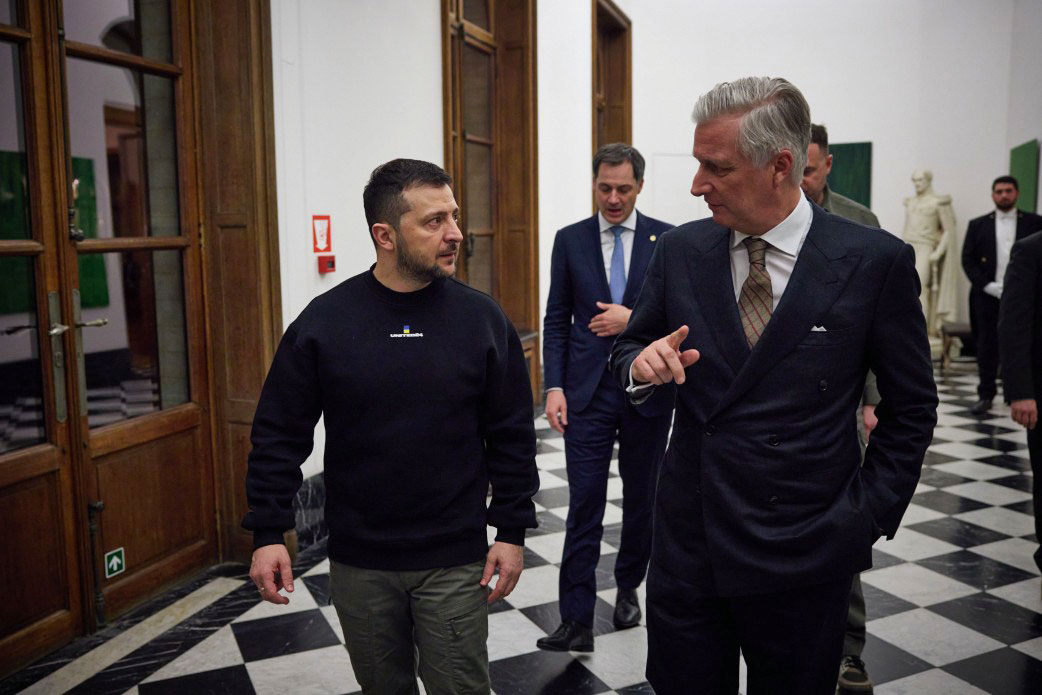EU officials are developing contingency plans, including using an 81-year-old Belgian royal decree, to protect sanctions against Russia as Hungary threatens to block their renewal, FT reports referring to officials involved in the discussions.
Hungary's pro-Russian Prime Minister Viktor Orbán informed other EU leaders in December that he might veto the sanctions extension, which requires unanimous approval. The current measures are set to expire on 31 January.
János Bóka, Hungary's EU Affairs Minister, told reporters on 16 January that Budapest wants to await developments in US policy, possibly hoping for more pro-Russian policies of the incoming Trump administration.
"Now there's a significant change in the US administration... a meaningful exchange should take place before we decide to roll over the sanctions regime for another six months," Bóka said.
At stake are approximately €190 billion of Russian state assets held at Belgium-based Euroclear. Officials believe these assets, whose profits are designated to repay a $50 bn Ukraine loan, are crucial for potential ceasefire negotiations.
While the officials' primary focus is on convincing Orbán to keep the sanctions, a senior EU diplomat in regular contact with Hungarian officials expressed serious concern about the situation, noting "there's a high chance Orbán does not break."
According to FT, citing four officials, one contingency option involves utilizing a 1944 wartime decree that would allow Belgian King Philippe to prevent asset transfers from the country.
Belgium's Foreign Ministry spokesperson stated they are "doing everything possible to reach an agreement on the renewal of sanctions against Russia," while acknowledging past successes in reaching consensus.
Some member states have suggested removing Hungary's voting rights, though officials believe this would likely fail to gather required unanimous support from other states, according to FT.
"If Orbán doesn't yield, the only solution is a national one," a senior Commission official involved in preparations told FT.
Related:
- Bloomberg: Trump team readies oil sanctions plan for Russia
- Russian gas giant Gazprom plans to reduce central office staff by 40%
- Russia creates “axis of autocrats” in European states, Spiegel says
- Hungary blames Ukraine for EU gas price surge after Russian transit halt
- Zelenskyy proposes Trump buying US weapons with frozen Russian assets
- FT: Orbán’s standoff with Brussels costs Hungary € 1 bn in lost funds, € 19 bn in frozen funds
- Slovak PM Fico blackmails Ukraine with power cuts over Russian gas transit ban
- Russian assets to stay frozen until Ukraine gets compensation, EU says

